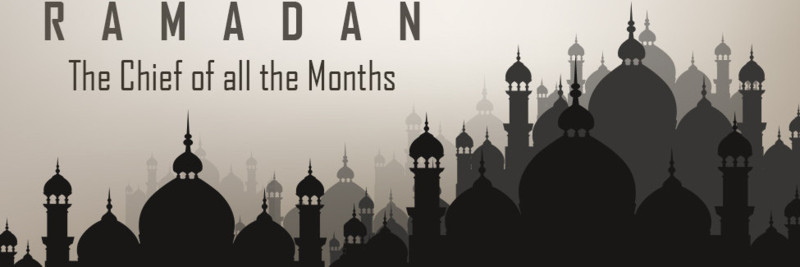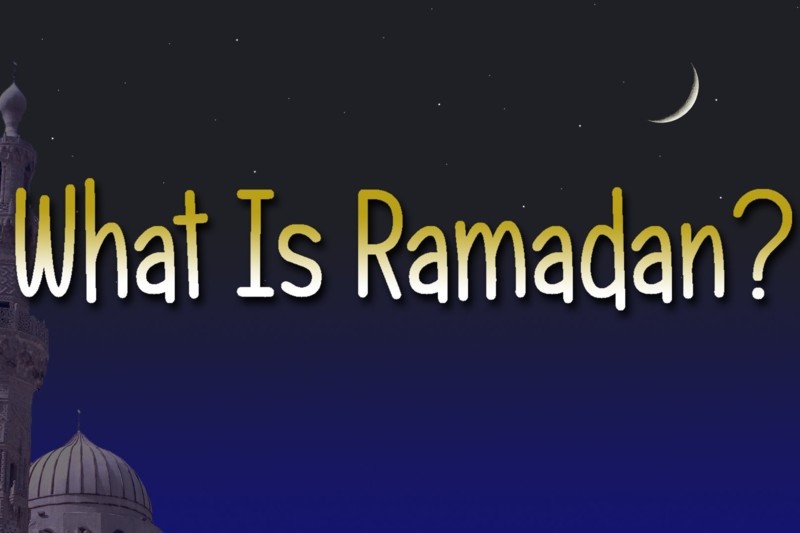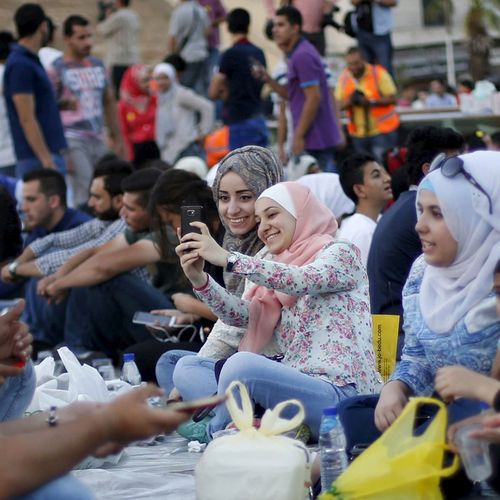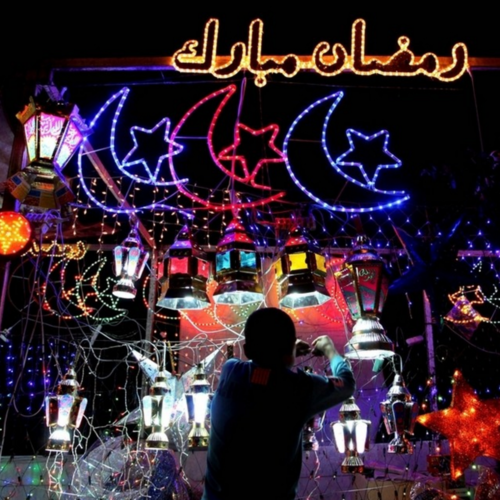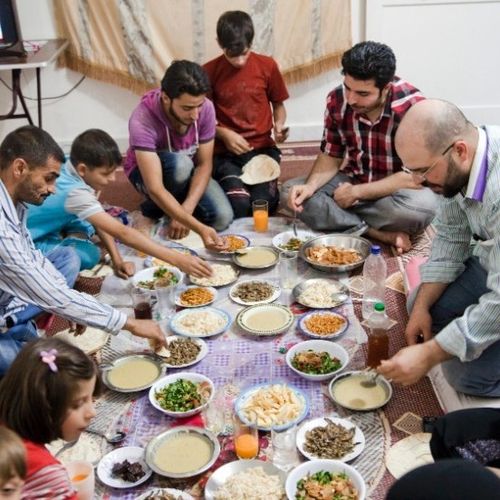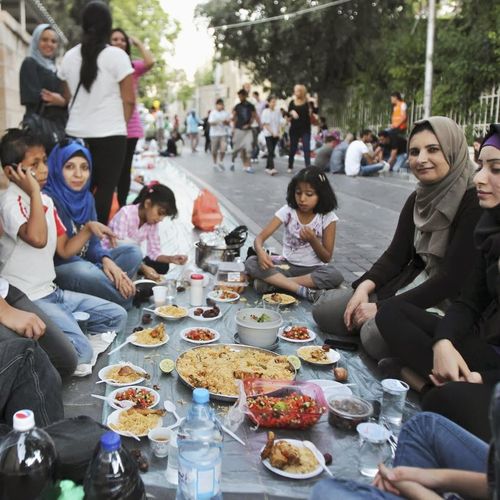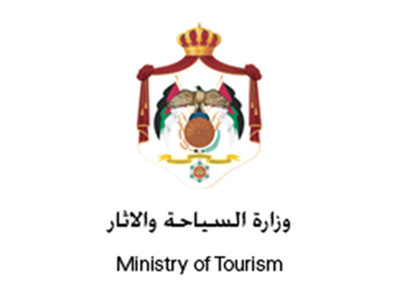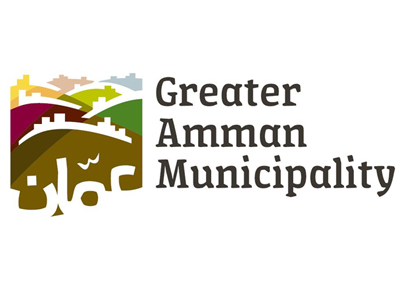Tel: 00 962 6 4613140
Ramadan - will it curtail my experience?
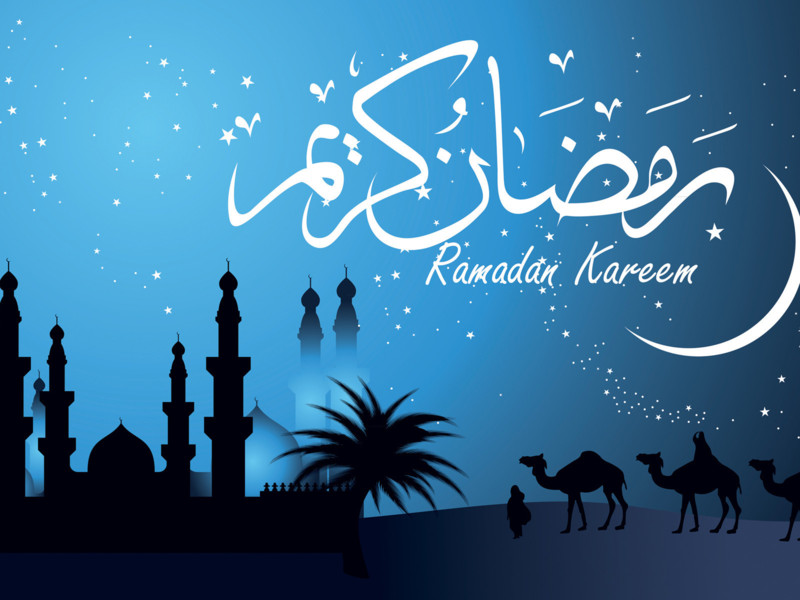
Definitely NOT !!!
Many people wonder what exactly happens in Ramadan - for example, "is everything closed?" What about the people fasting..? etc etc ...
Well, the good news is - everything carries on as normal with the exception being, that places open a little later in the morning and close a little earlier in the evening to facilitate the breaking of the fast of the faithful ... apart from that, everything is business as usual. In general most restaurants and cafes are closed during the fasting hours (only tourist restaurants are open - for tourists) ... supermarkets and bakeries are of course open - and you can purchase what you like.
However, as a matter of respect - in the Hashemite Kingdom - eating should be done indoors and out of sight of fasting people .... I'm sure you would agree, in general, its not nice to drink lashings of cool water in seering heats - in front of people who are fasting ... it would be extremely thoughtless and rather mean to do that.
EATING & DRINKING
So.. if you need to eat or drink - you may do that of course - in an appropriate place. If you aren't sure of anything - always ask. Locals don't mind clarifying and never expect you to abide by their religious obligations, only to be respectful and considerate.
In any case, you probably wouldnt even notice any differences. You would eat and drink normally in your hotel.
Ramadan time can sometimes be accompanied by great discounts on hotels, flights etc - so it can be a good time to travel if you have a restricted budget.
A great article by Michal Schmulovich for the Times of Israel - outlines beautifully the tradition of Ramadan in Amman ....
"When Ramadan settles over the hills of Amman During the month-long cycle of fasting and then breaking that fast, the Jordanian capital transforms from quiet solemnity by day to nonstop revelry by night..."
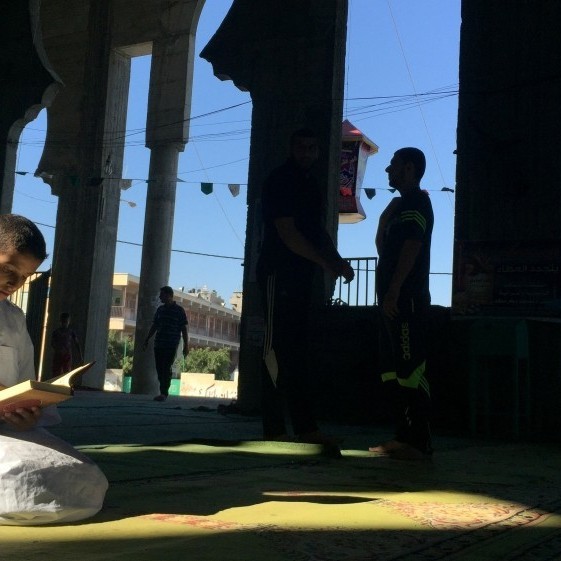
AMMAN
Ramadan first swept over the tan-tinged hills of Amman this year on the evening of July 9. It envelops the Jordanian capital like a summer shawl, setting a slow, languid pace. Ammanis have skillfully woven the holiday’s piety into their ordinary lives: work, and also prayer; the daily fast, but also errands. And at night, Amman adopts a new pace. Out of a normally sleepy town emerges a vibrant oasis.
The ninth month of the Islamic calendar, Ramadan begins when the moon takes its crescent form. The holiday is synonymous with unity as devout Muslims from all corners of the world partake in its spiritual fast. “It’s a beautiful time,” said Zaid Hussein, a chatty Palestinian-Jordanian fruit and vegetable shopkeeper. “We visit each other and invite friends over for meals. It’s a chance to cleanse your body and mind, and for families to spend time together.”
The sunrise-to-sunset fast begins with the muezzin’s first call to prayer, fajr, which is at 4 am in Amman [click here for an audio clip]. It finishes with the muezzin’s fourth call to prayer, maghreb, just before 8 pm, after he recites a few verses from the Qur’an and then utters the phrase Allahu Akbar, God is great, from the minarets. The muezzin’s five calls to prayer — wistful psalms of devotion — preserve the Islamic character of this modern city. The mystical hymns envelop the air for a few, long moments at a time, echoing between the hilltops and reminding the people about another world, one free from suffering.
Many who are wealthy can choose to take the month off from work — and despite the holiday’s intended spirit of togetherness, it’s the day laborers who truly feel the brunt of a food-and-water-less existence under the torching sun.
Out of respect for the faithful, all Ammanis refrain from eating and drinking on the street during fasting hours. A few establishments, mostly catering to expats who live in the Western, affluent part of the city, stay open all day long. They pull down their blinds and continue serving lattes and salads.
The one thing that’s a real challenge to find during Ramadan is alcohol (hint: Westerners stock up before hand). There are a few bootleg delivery services, but the liquor stores, generally owned by Christian Jordanians, close down for the month. Aside from hotels, some restaurants still serve spirits — but they must be a three-star venue or higher and purchase a permit from the government, meaning many of the smaller establishments are dry.
Men in white dishdashah, traditional ankle-length tunics, peruse grocery stores and bakeries to stock up on food for the evening. Women spend hours cooking Iftar meals, with which Muslims break the fast. Some say the rhythmic activity of baking or cutting vegetables helps them pass the time. They are allowed to taste the food on the tips of their tongues, just not to swallow it.
At 3 pm, the traffic starts. The congestion swells as workers make their way home. After the early evening lull around 6 pm — when the sun casts is orange hue — the streets slowly become carless, barren. Desolate figures and cats occasionally wander through the streets. As the breaking of the fast approaches just before 8 pm, a stillness descends. The sky turns to grey and green lights from the minarets appear, dotting the horizon with color.
When the fast breaks, a lightness emerges. Dishes clank. Forks scratch plates. Families giggle. Quiet chatter is heard from homes and in alleyway. Noise fills the streets again, and communal Iftar meals are shared — often outside, on the streets. The food flows, and so does the music. The merriment, wild and delicious, is a stark contrast to the asceticism of the day.
Felafel eateries and shops stay open until the wee hours of the night, and fireworks are heard from street corners. It’s common to see young children walk with their parents along café-lined streets at 2 am. The air smells of shisha, or flavored water pipes, and ketayef, Ramadan’s ubiquitous dessert: crescent-shaped deep-fried pancakes that are rolled and filled with cheese and nuts, and then drizzled with fresh, sugary syrup.
As the next day’s fast approaches, just minutes before the dawn call to prayer, sparse lights in private homes pop on. A light snack is taken — yogurt, dates, and tea — before the cycle starts all over again.
Although the 16-hour fast is a physical challenge, Ramadan is joyous. It’s the holiday by which Muslims mimic the pious and simple life of the Prophet Muhammad. It is about providing charity and empathizing with those who are less fortunate (and who may be unable to afford to eat and drink). It is also about the abstinence of corporal pleasure and exercising physical restraint, including sex, in the name of sanctity. It is about renewal.
However, according to the Qur’an, Ramadan should not cause suffering. It is meant to exercise one’s spirits, to elevate them. Therefore, the religious responsibility of abstaining from food and drink is lifted for those who cannot sustain it: the sick, the elderly, the very young, people traveling long distances, women who are menstruating, and so on.
A central theme of the holiday is kindness and humility – before the prophet and also toward others. As is customary in the rak’at, the set of movements and words repeated by Muslims when they pray, those partaking in communal prayer at mosques turn to both sides to take note of those around them after prostrating themselves before Allah. Their bodies are transformed into vehicles of devotion — not only for submission before Allah but also to exemplify the virtues of brotherhood.
